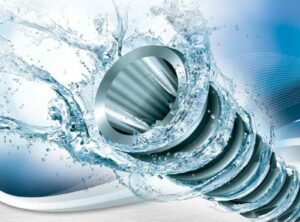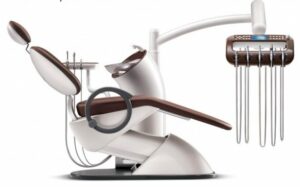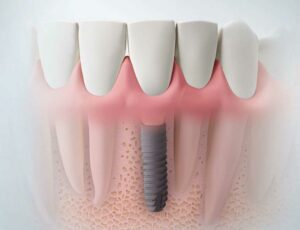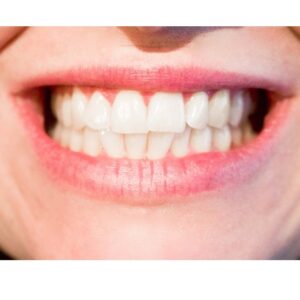In our grandparents’ day, there was only one solution to tooth loss — dentures. This was especially true for those with edentulism or the complete loss of both top and bottom teeth. Whether you’re suffering from tooth loss due to this condition or for some other reason, there are many alternative tooth replacement options that allow patients more freedom than dentures. Dentures are not only outdated, but they have quite a few downsides that can affect a person’s oral health and confidence.
But if dentures aren’t the answer, then what is? Most experts agree that dental implants are today’s best option for failing or missing teeth. Here we will compare some of the highlights of both dentures and dental implants so that you can see for yourself which option offers patients more advantages.
Dentures vs. Implants
Dentures are a time-tested solution to tooth loss. In fact, there are historical records for dentures dating back thousands of years. Basically, they are any type of removable frame that holds a set of false teeth. Though some patients only require partial dentures if they still have natural teeth remaining, others need a complete set of dentures that fit directly over their gums.
For those with sufficient underlying bone structure, dental implants tend to be the recommended alternative to dentures. The process for dental implants is fairly straightforward. A dental post is surgically placed into your jawbone, acting as an alternative tooth root. Next, an abutment is placed on top of the post, which acts as a connector between the implant and your new teeth.
The Advantages and Drawbacks of Dentures vs. Implants
Advancements in dentistry mean that dentures aren’t the only option out there when you need a tooth replacement option. However, it does have a few advantages over implants:
- They are less expensive up front. However, because dentures have to be replaced every three to four years, this cost grows over time.
- Once patients adjust, dentures function adequately.
However, what makes dentures outdated is the many drawbacks patients face when choosing this option over dental implants. This includes:
- Wearing dentures leads to bone loss. Dental implants, on the other hand, become fused to your jawbone thus preserving bone density.
- Discomfort, slippage and loss of function are common complaints among denture wearers. Once implants are in place, they feel like natural teeth.
- Difficulties eating foods that aren’t soft can lead to nutrition deficits in those with dentures. Dental implants function and behave like real teeth, allowing patients to eat foods they love.
- Dentures require special cleaning and can even develop unpleasant odors over time. Implants can be cared for in the same way you’d clean your regular teeth.
- Denture wearers often experience loss of confidence because of difficulties they encounter with their speech, chewing or even kissing. None of these are an issue with dental implants.
Learn More About Superior Dental Implants at Hiossen® Implants
With proper maintenance, the dental implants at Hiossen Implants can last a lifetime. These inserts provide patients with a natural-looking smile, and their durability ensures you will save money in the end. Contact us today to learn more, or find a Hiossen representative near you.




